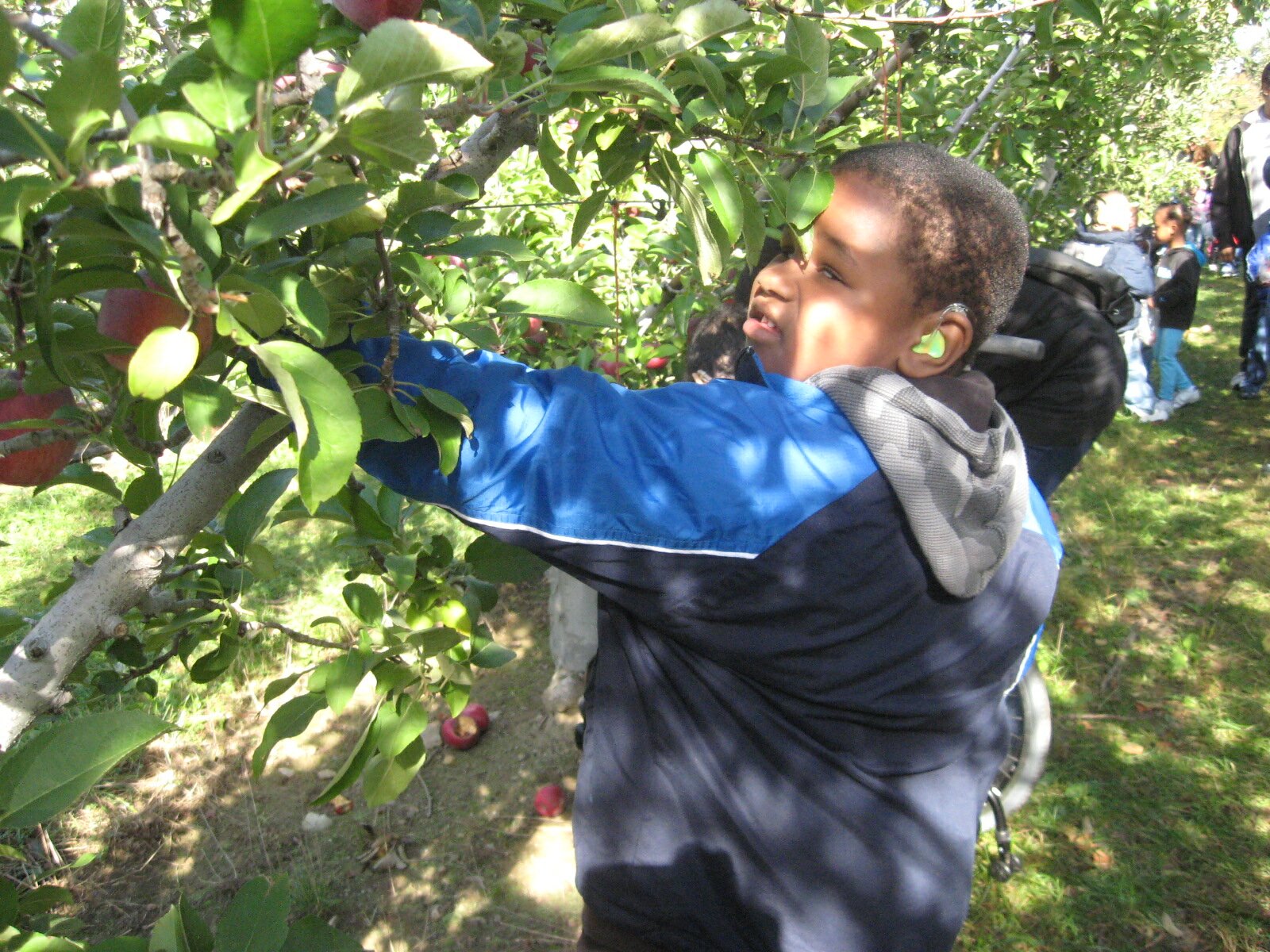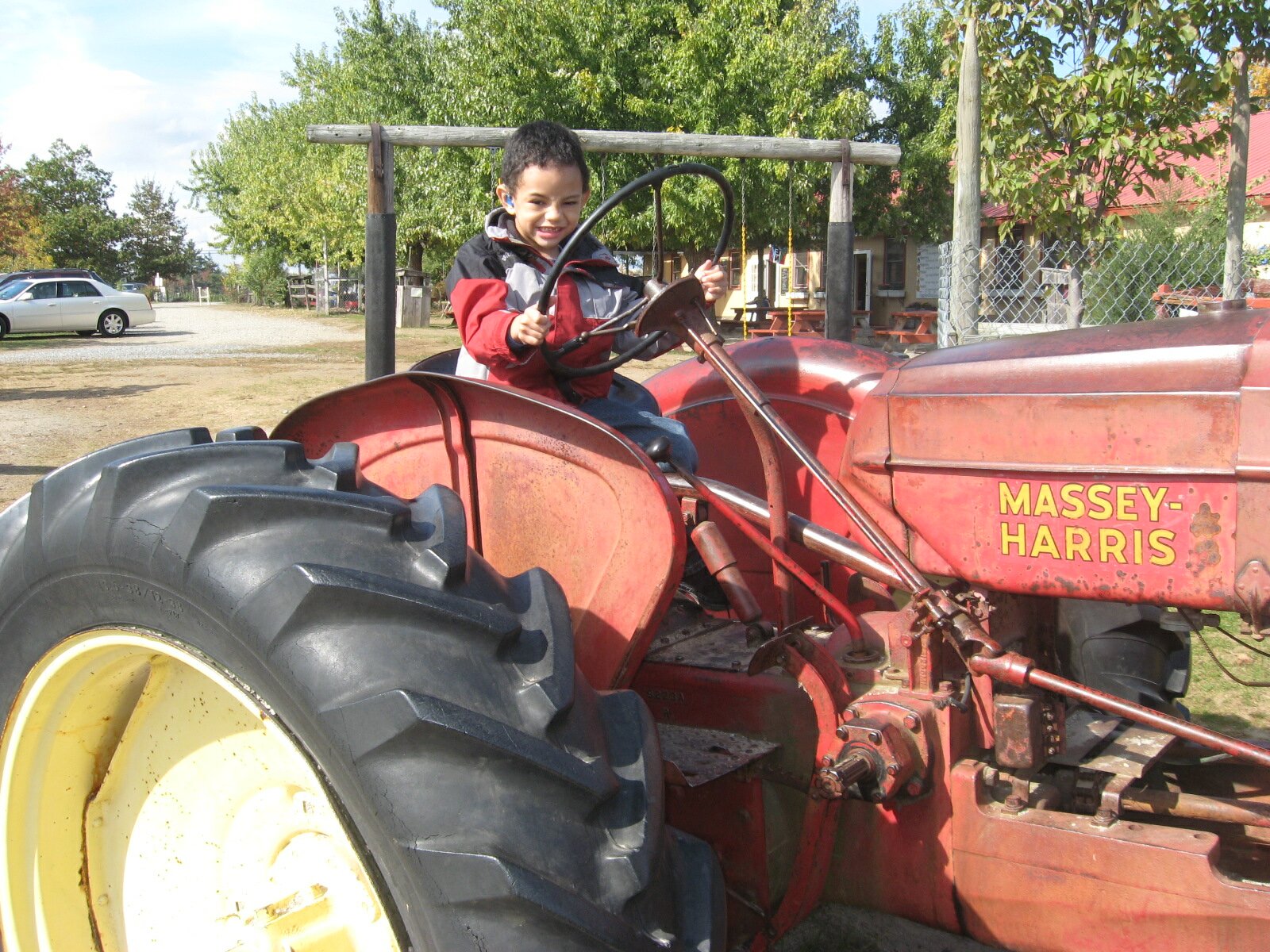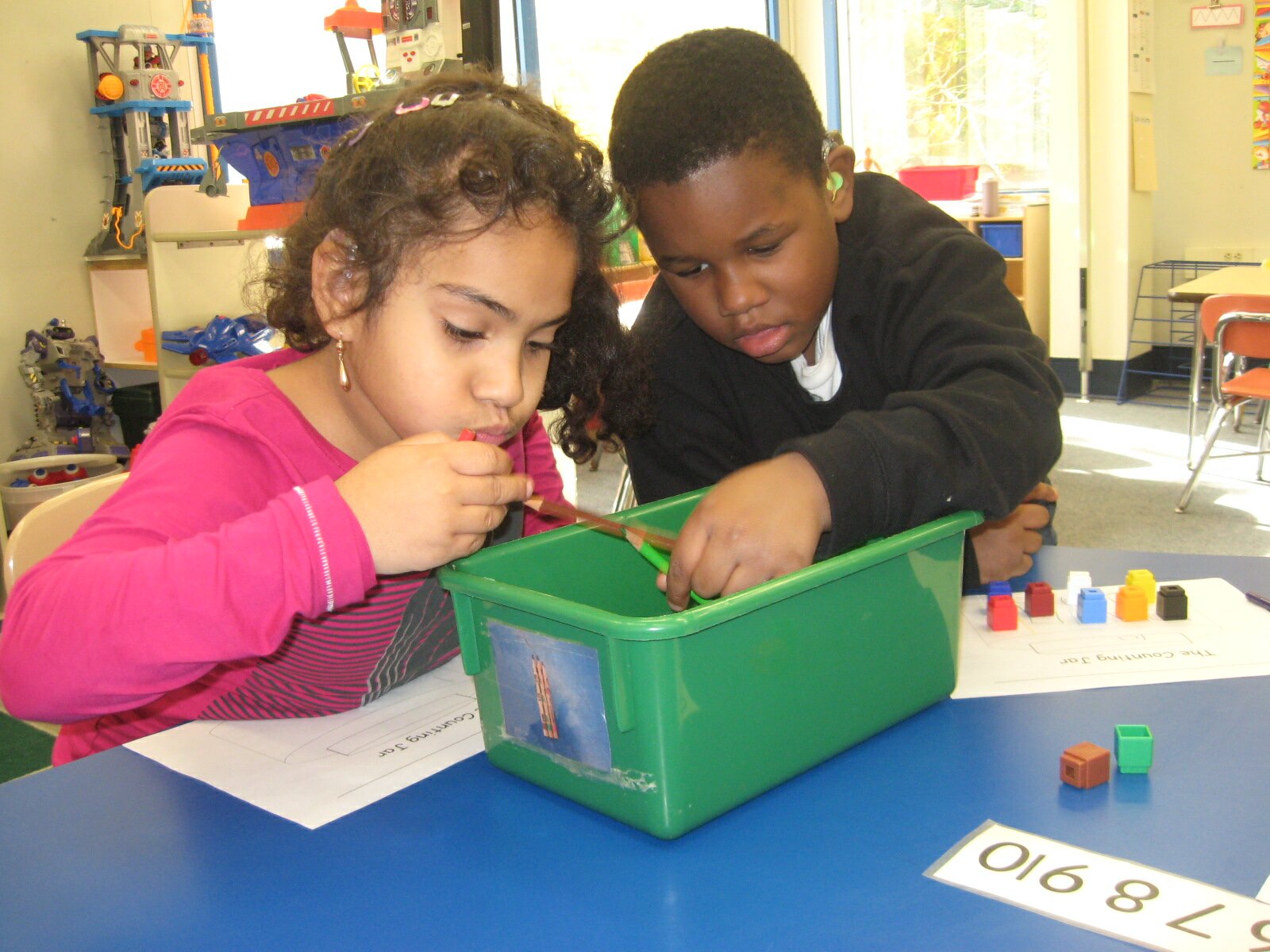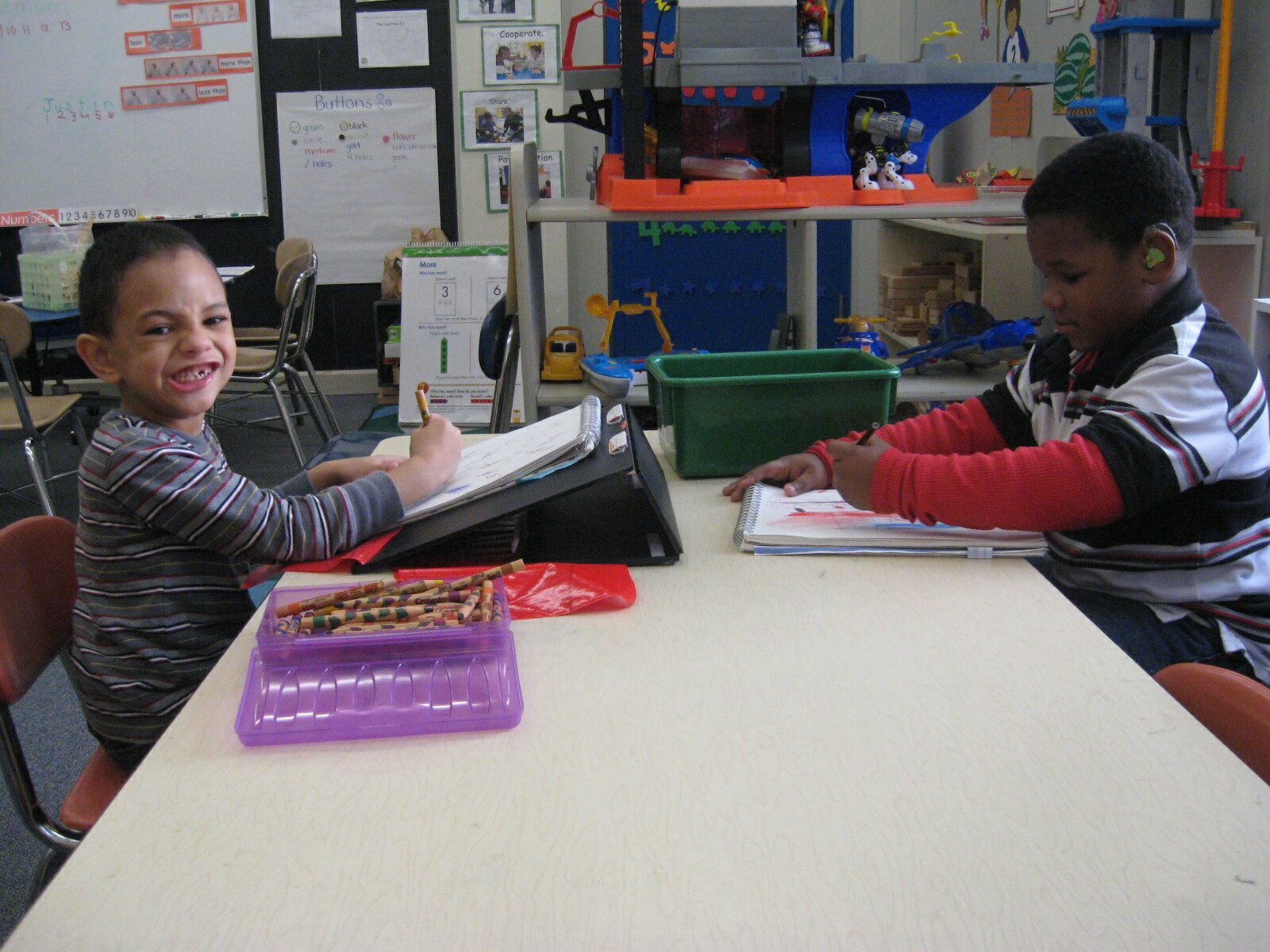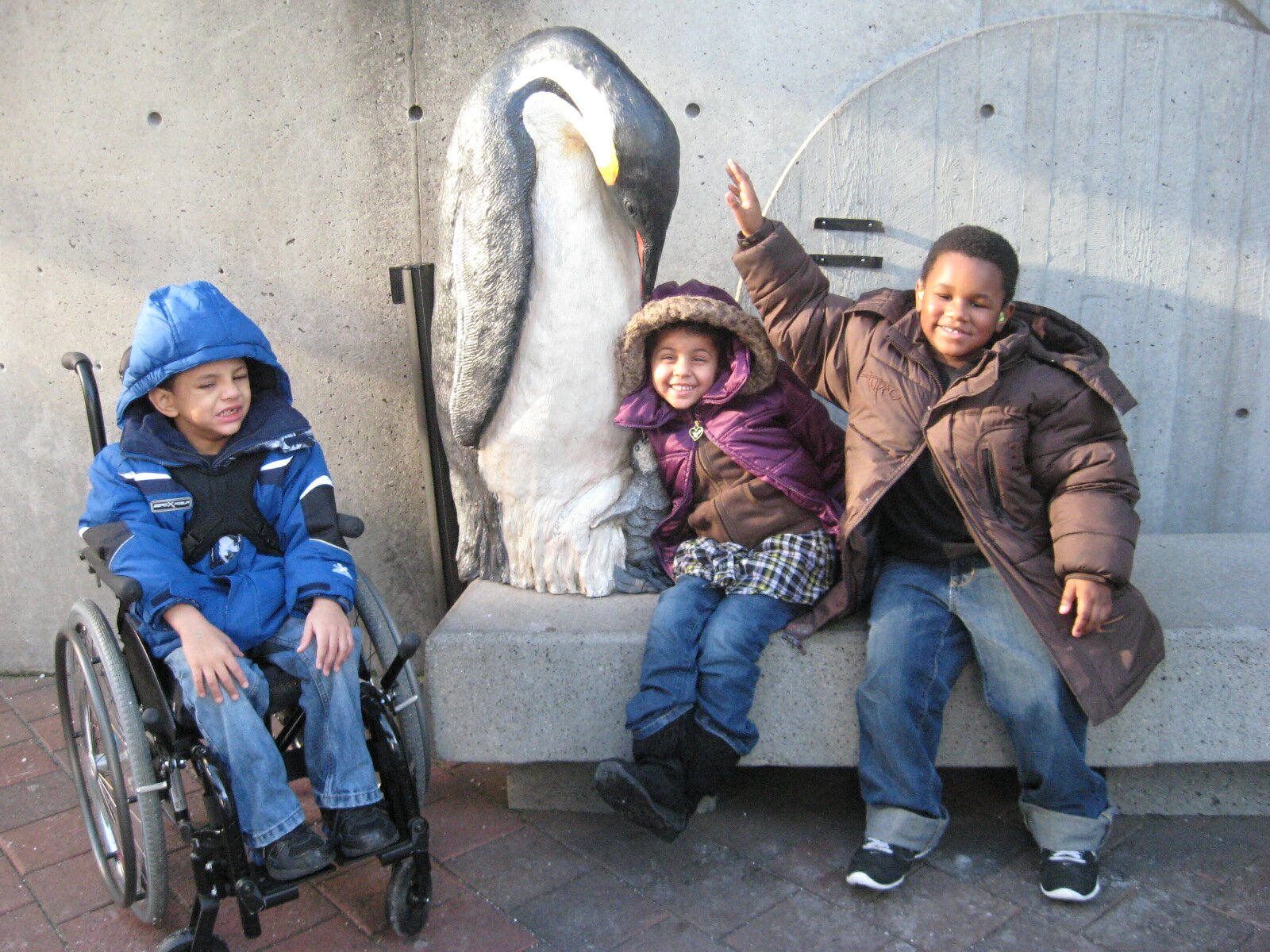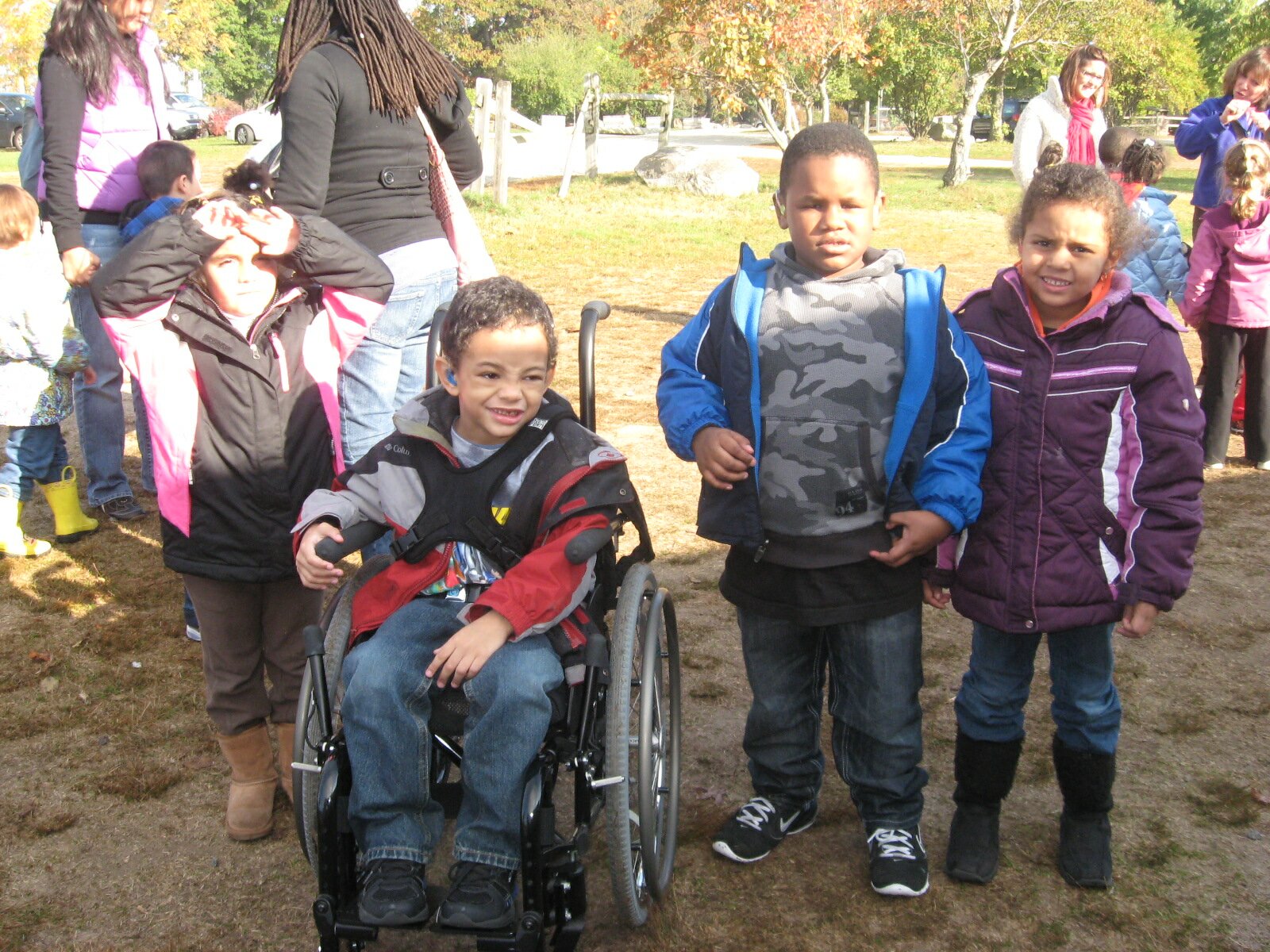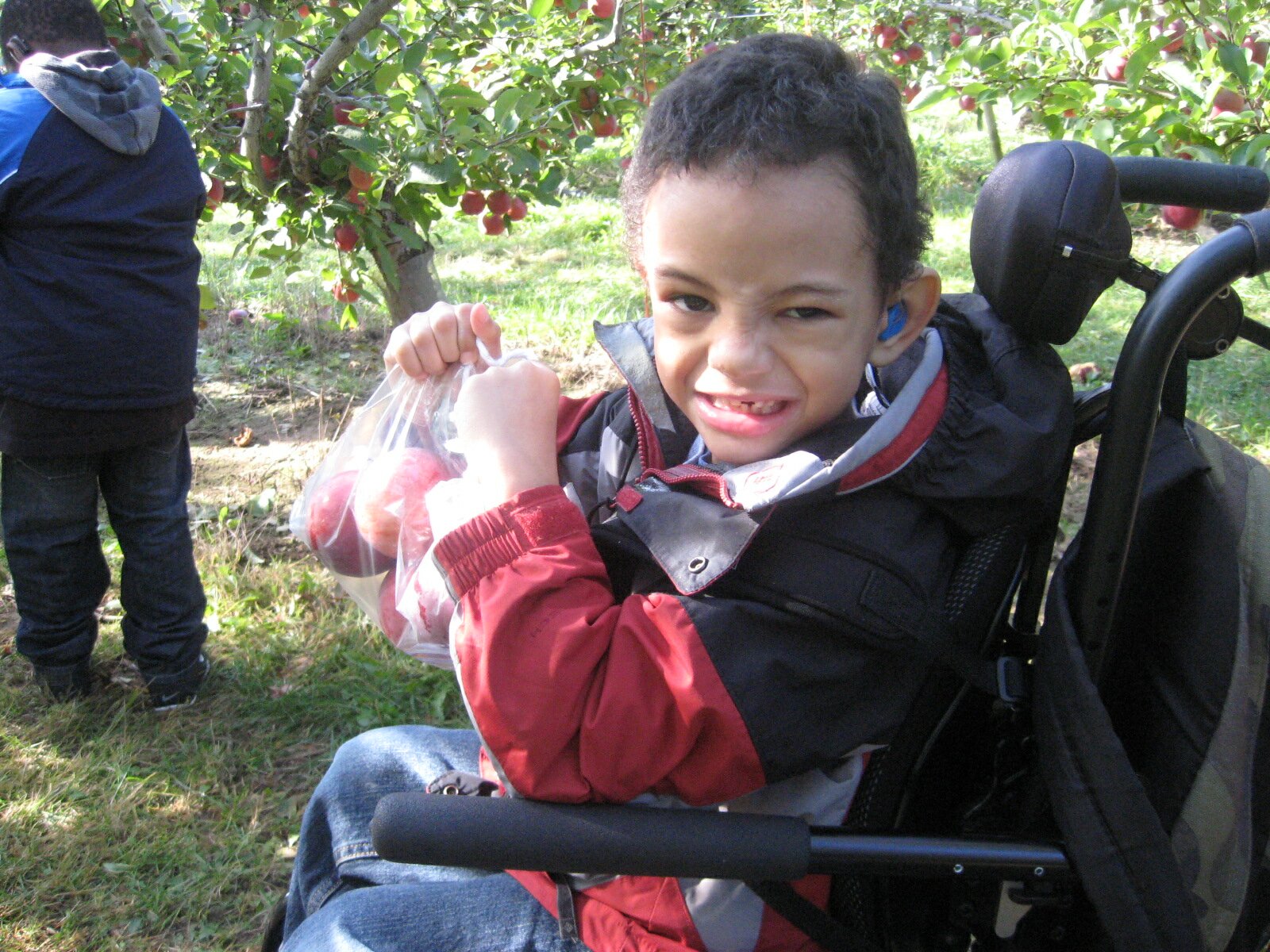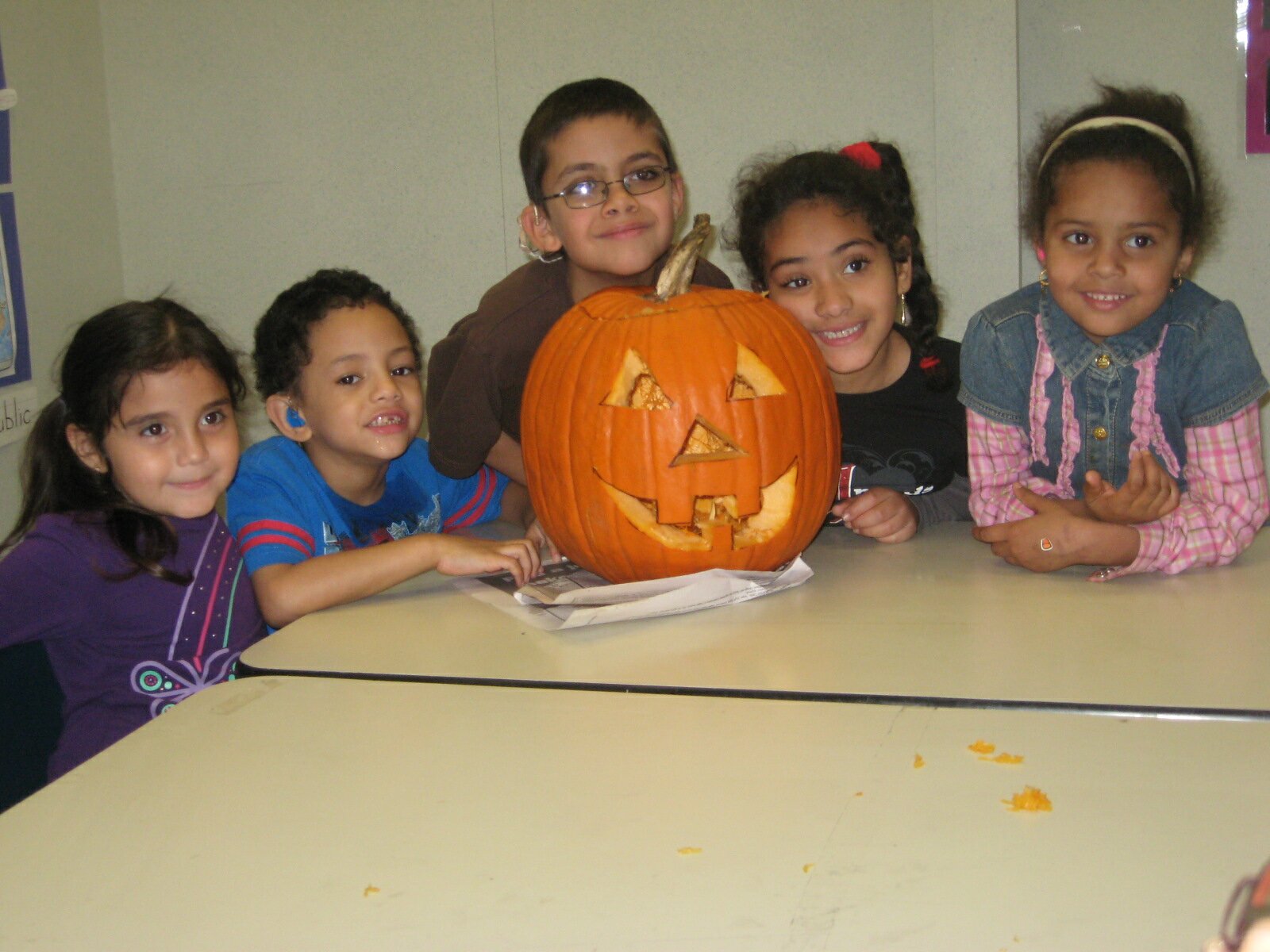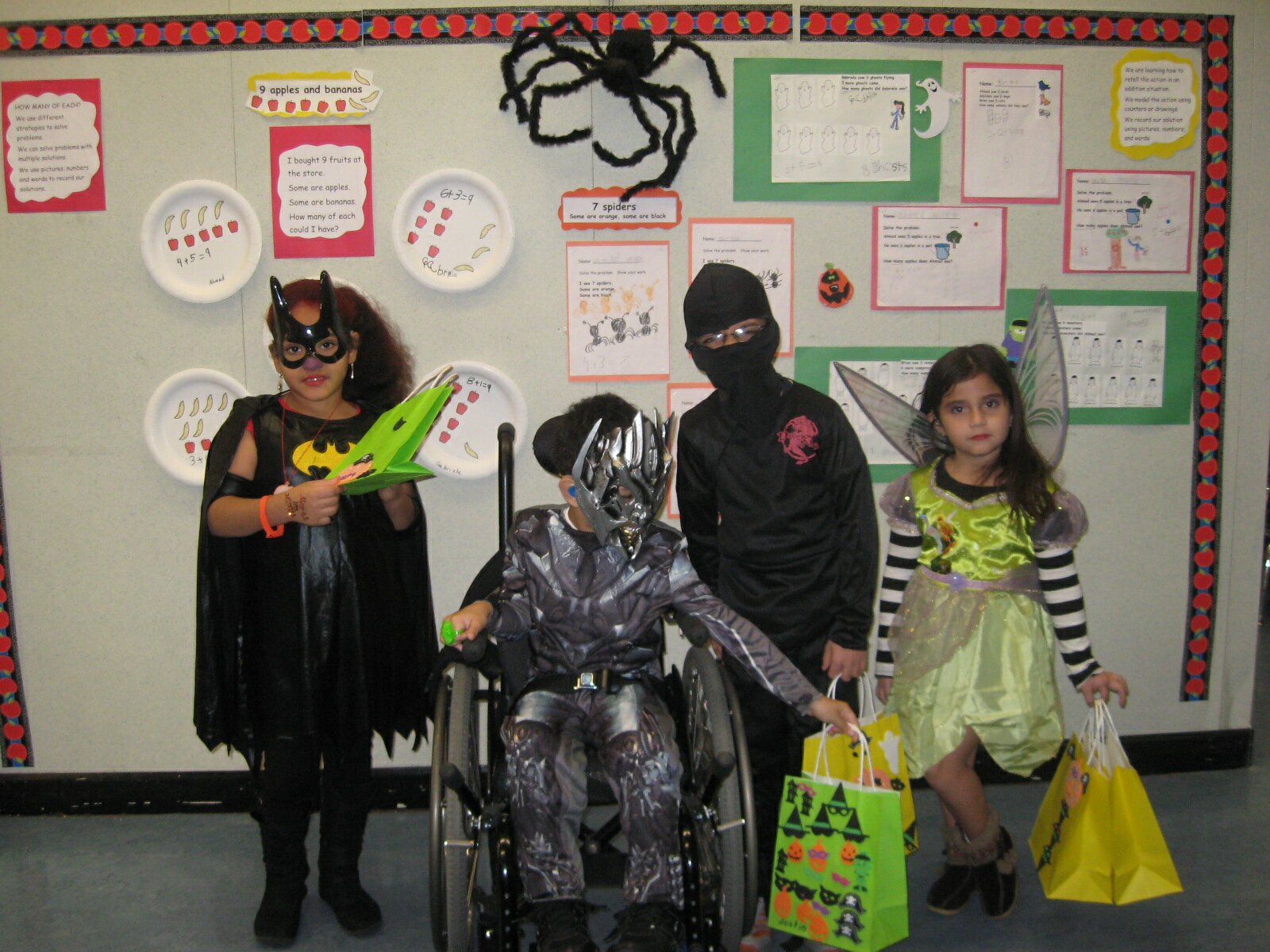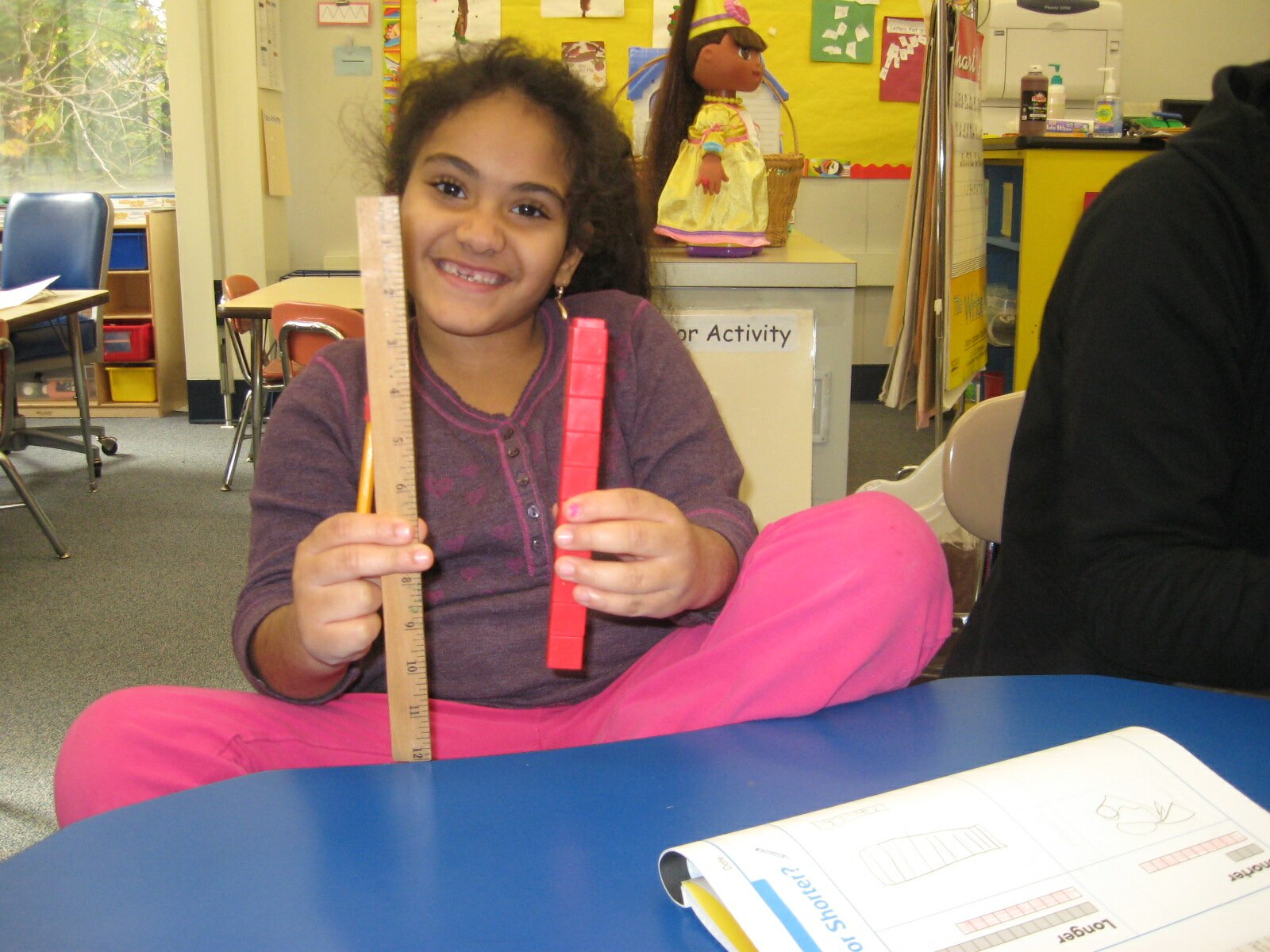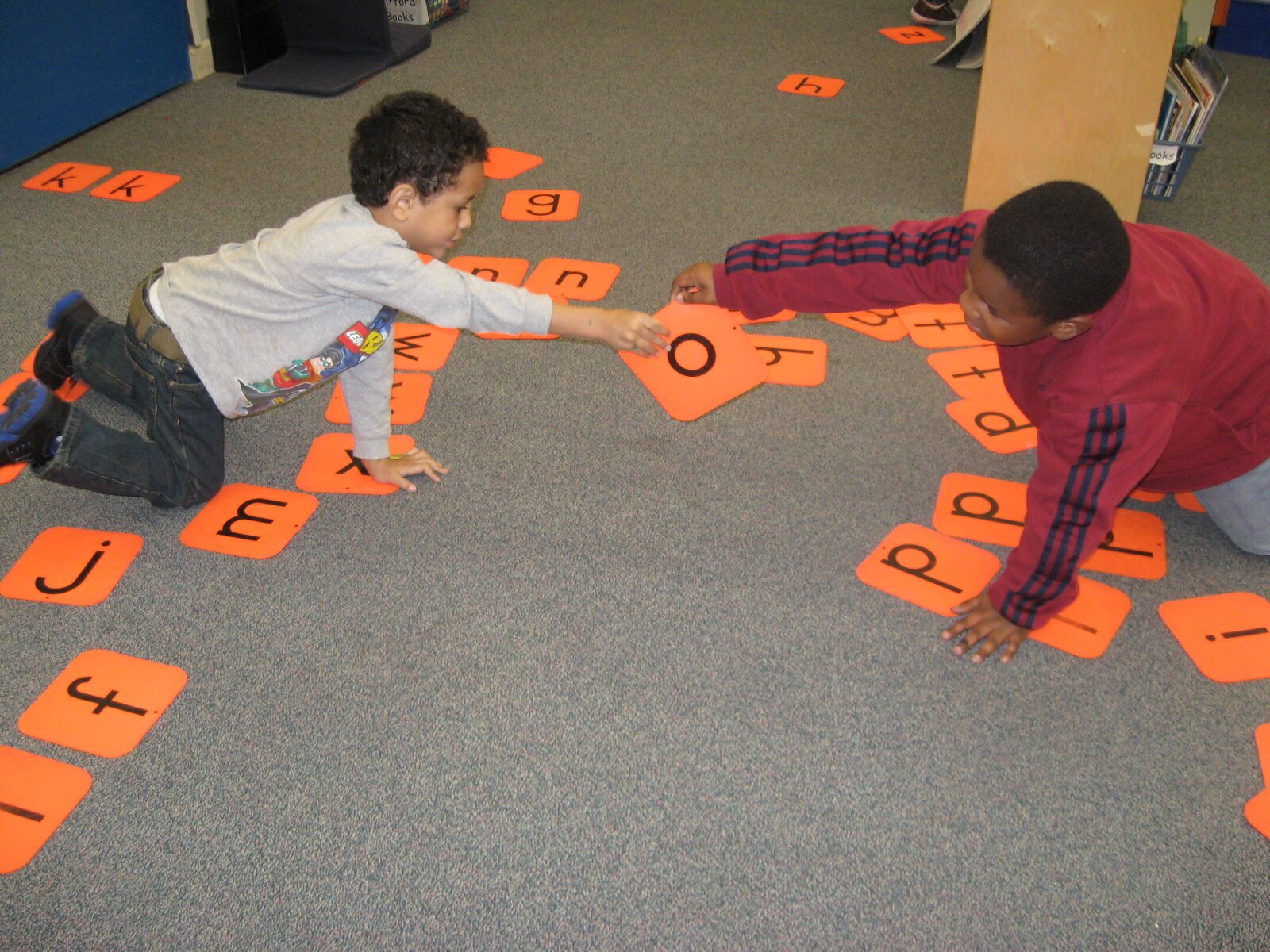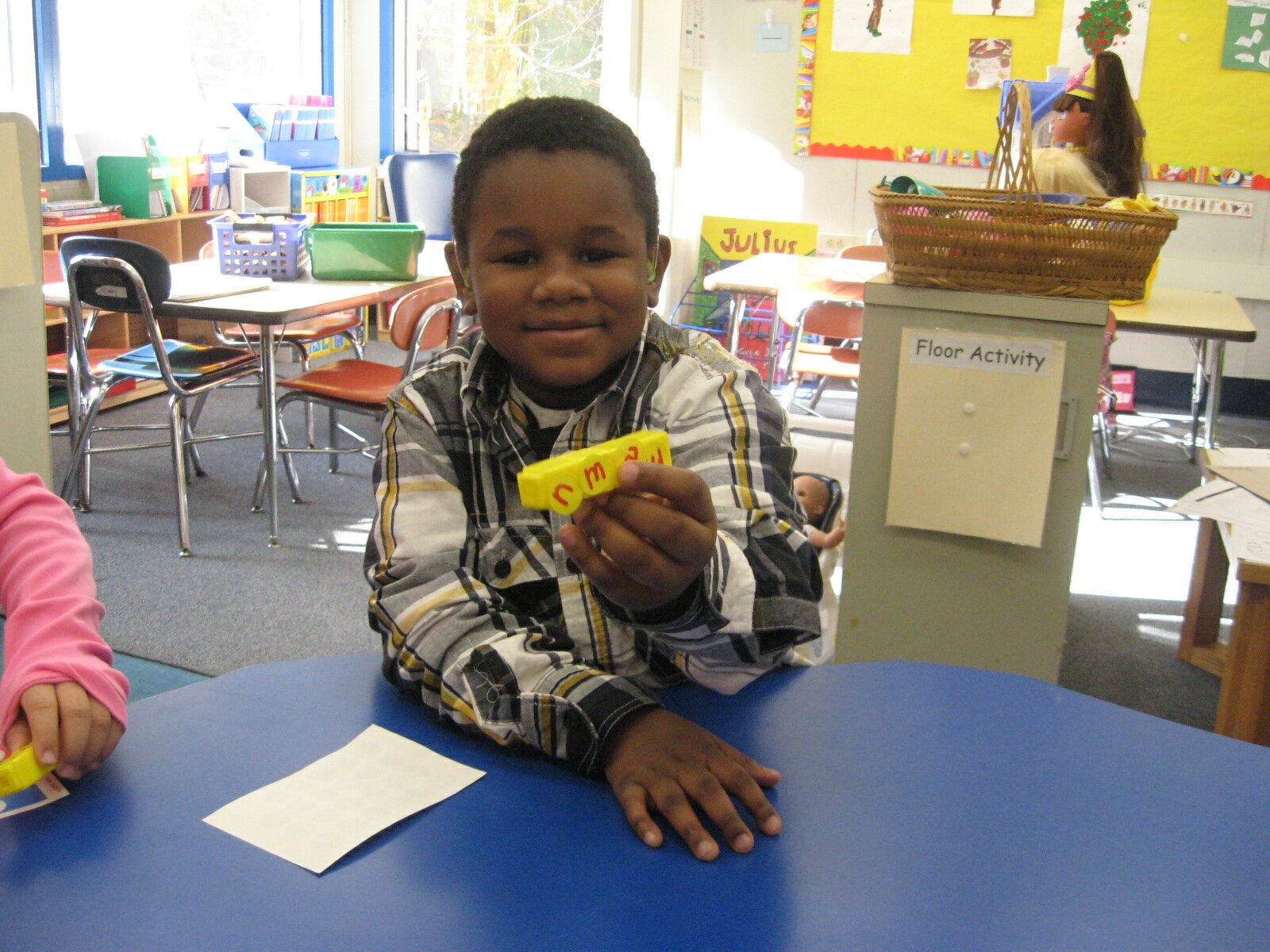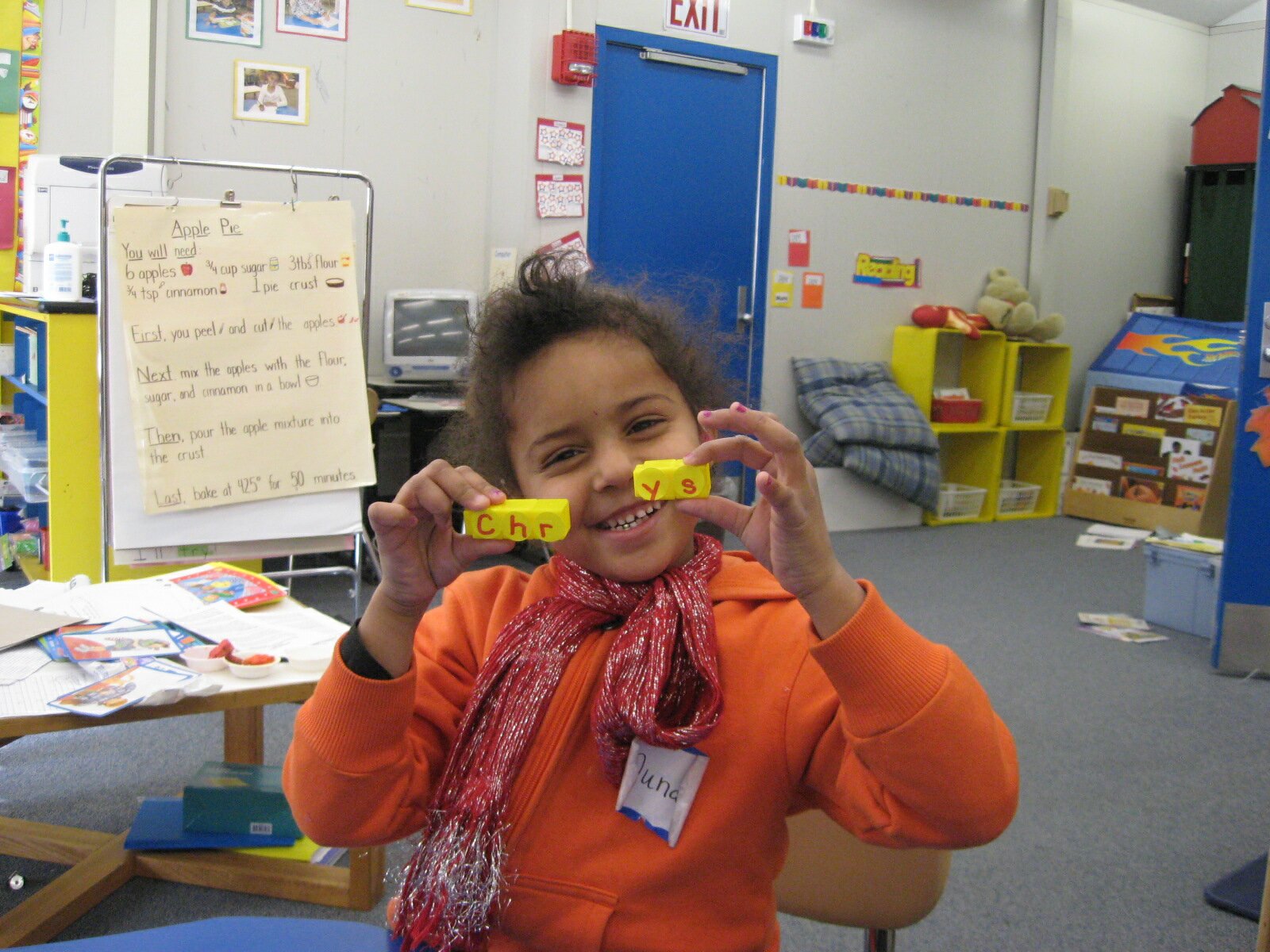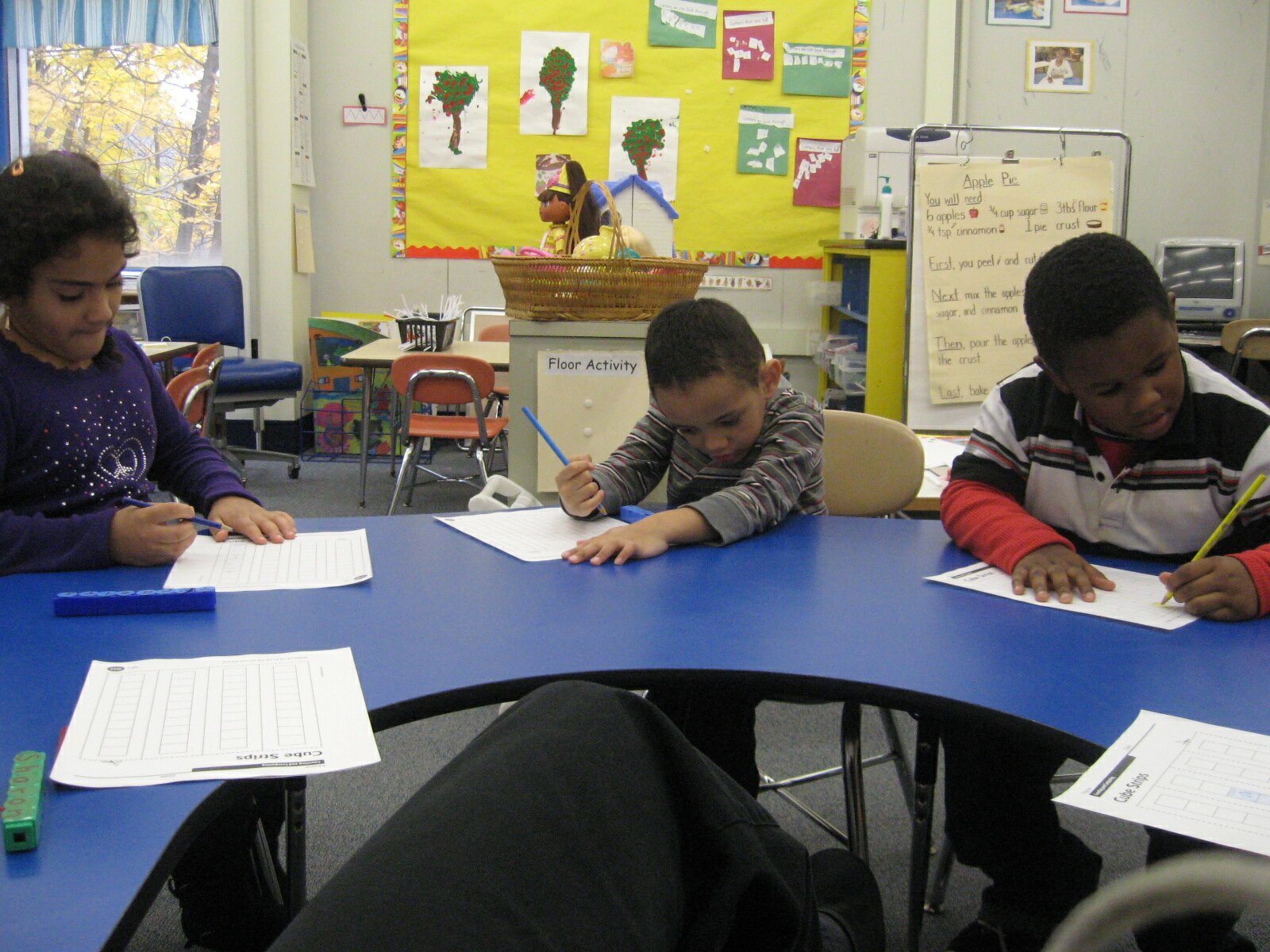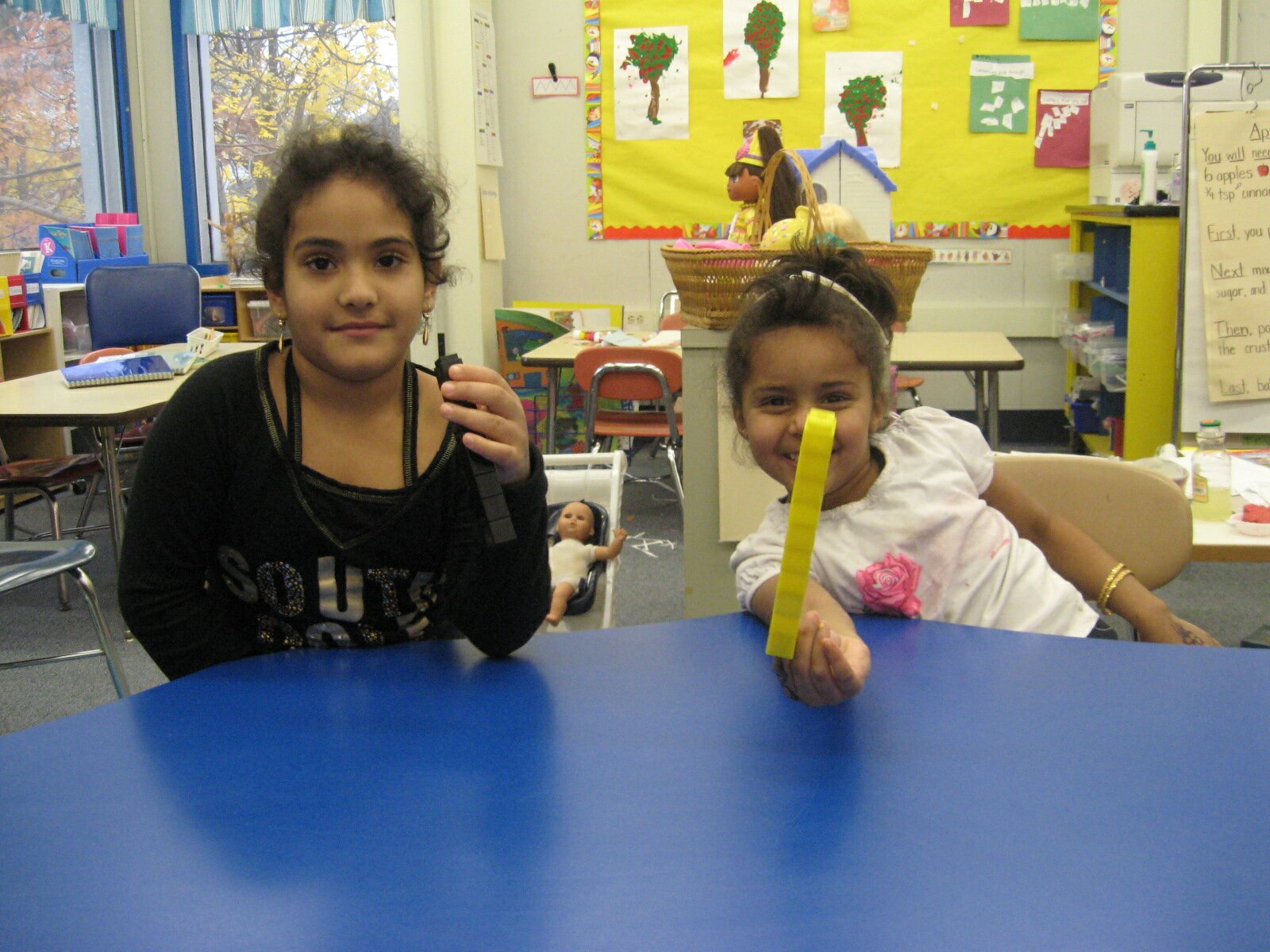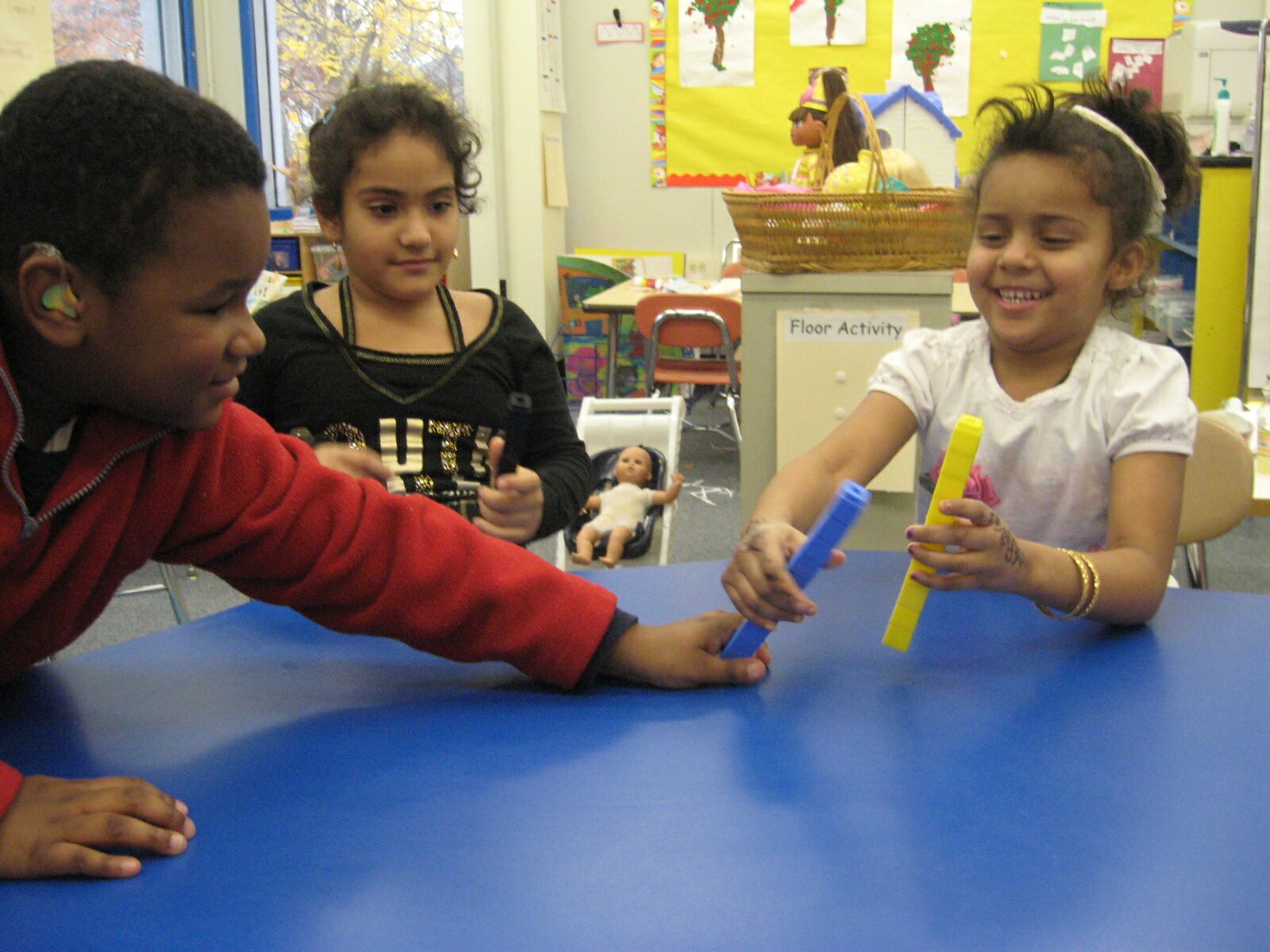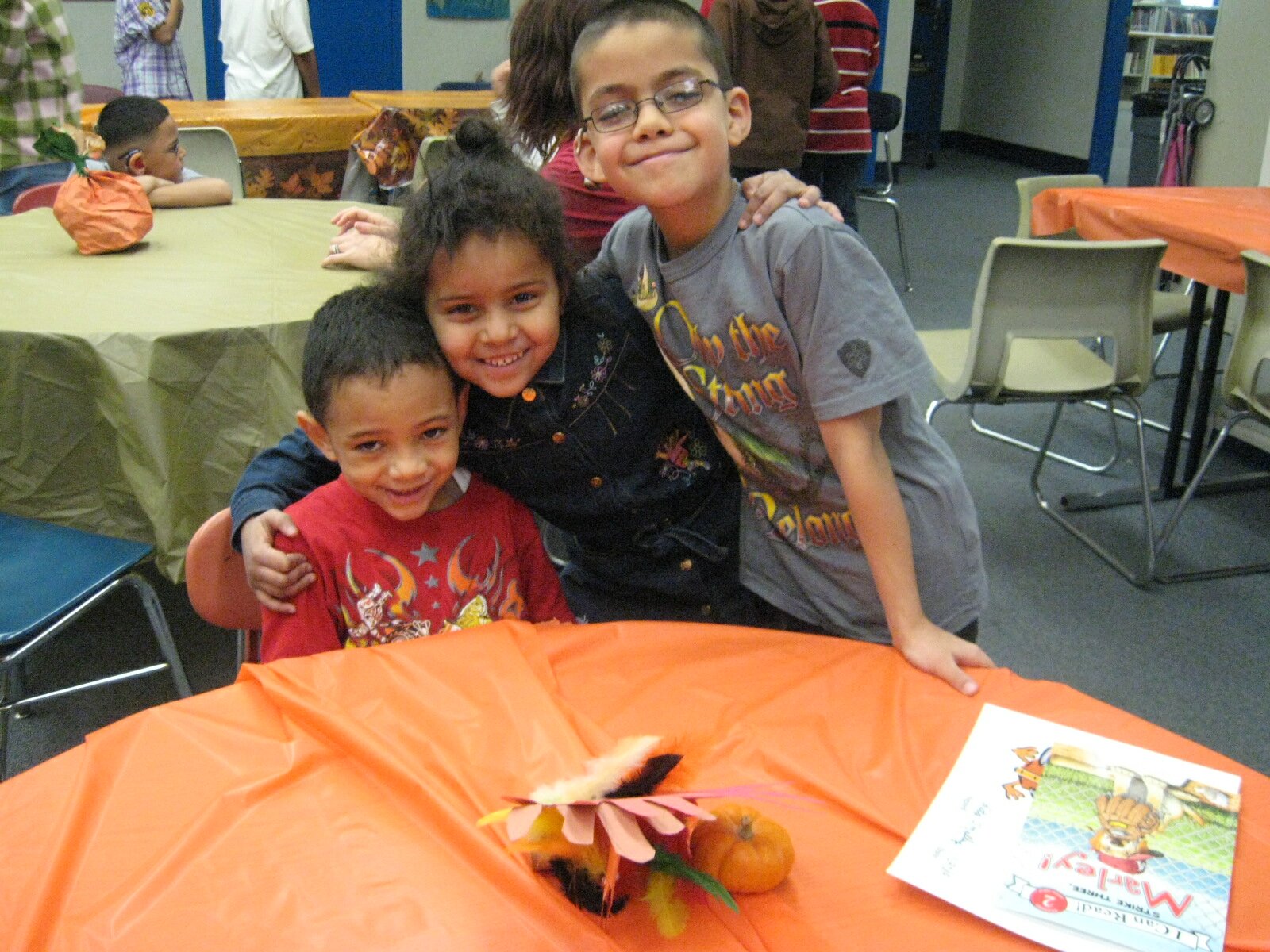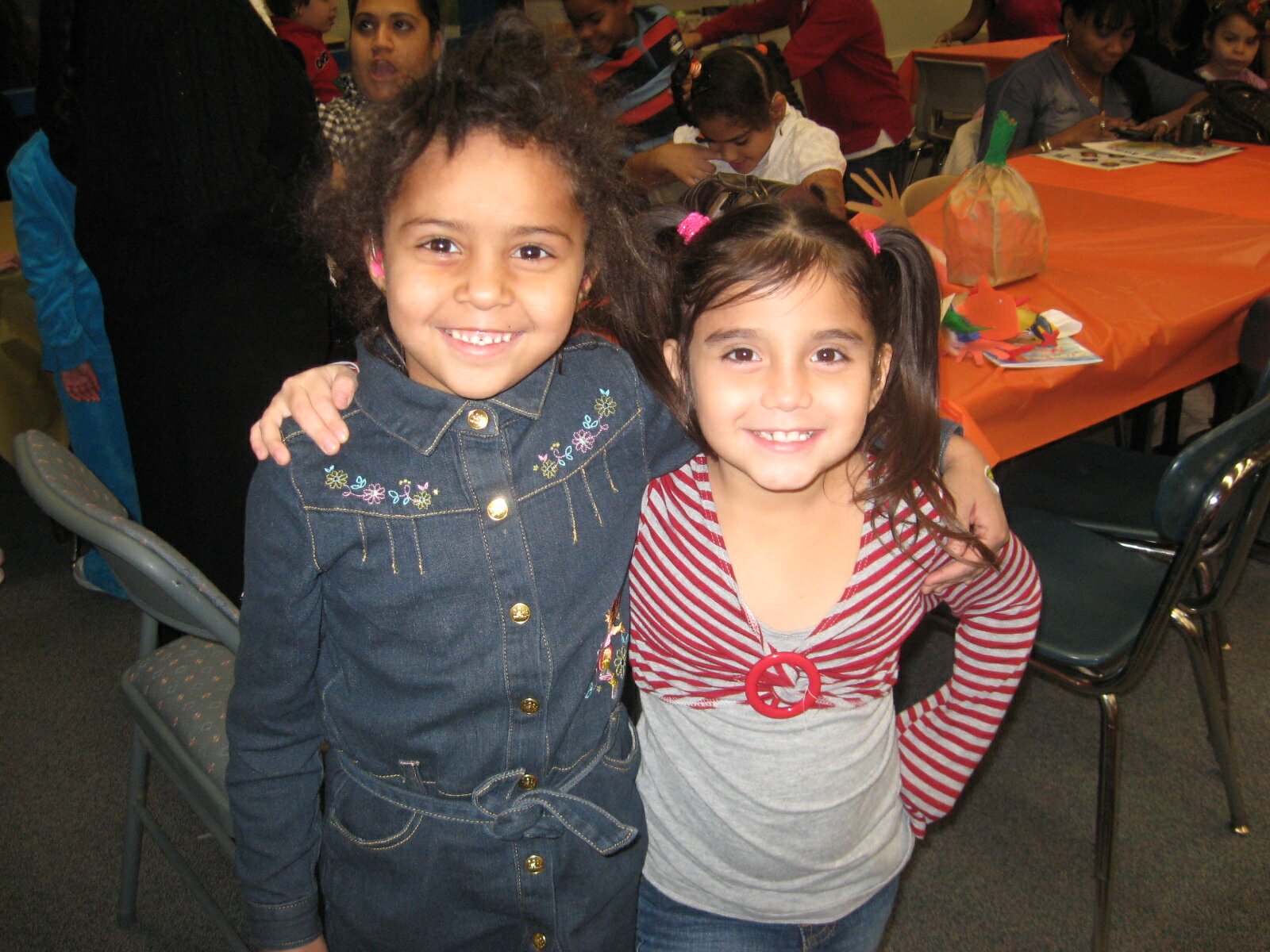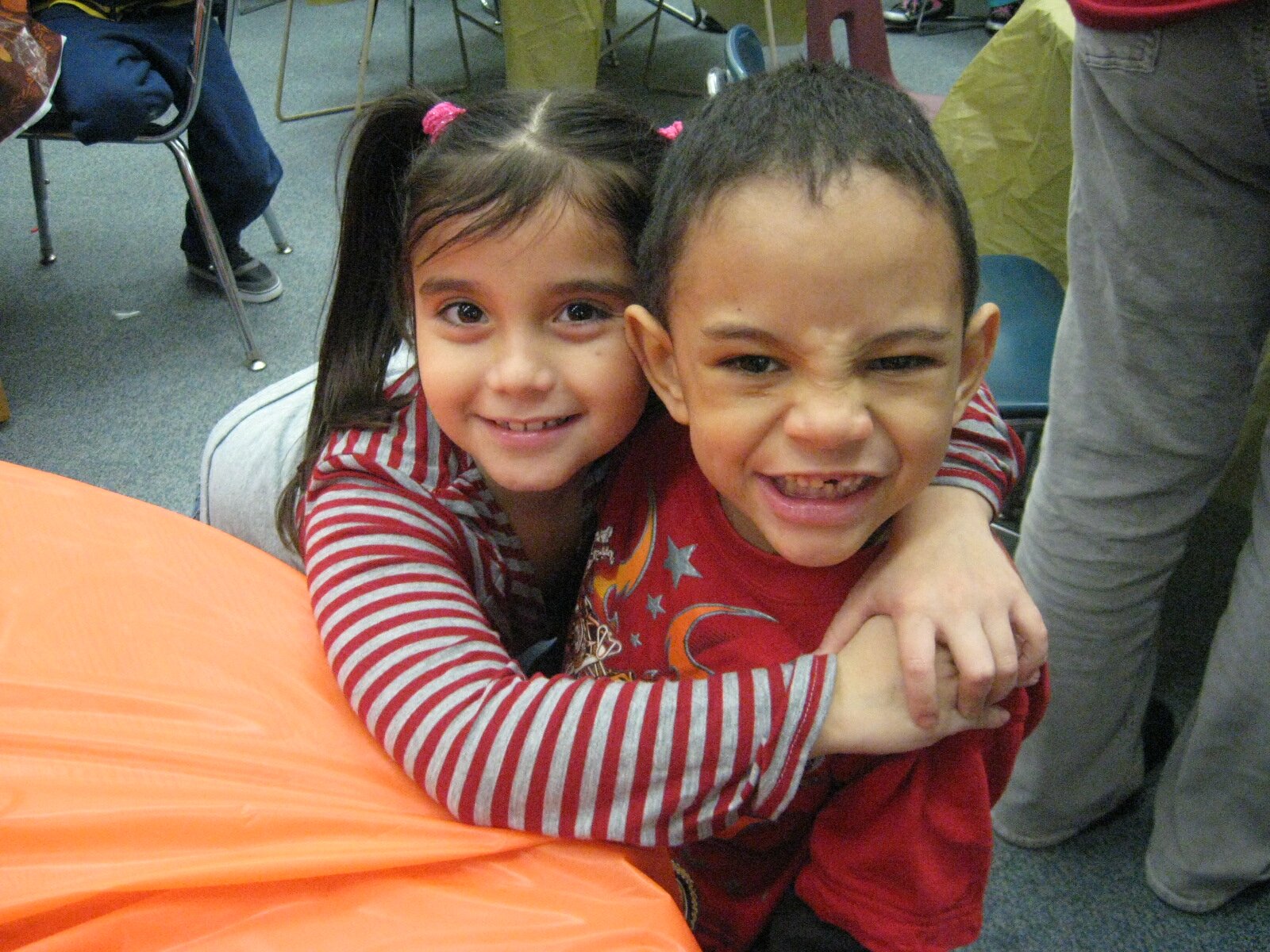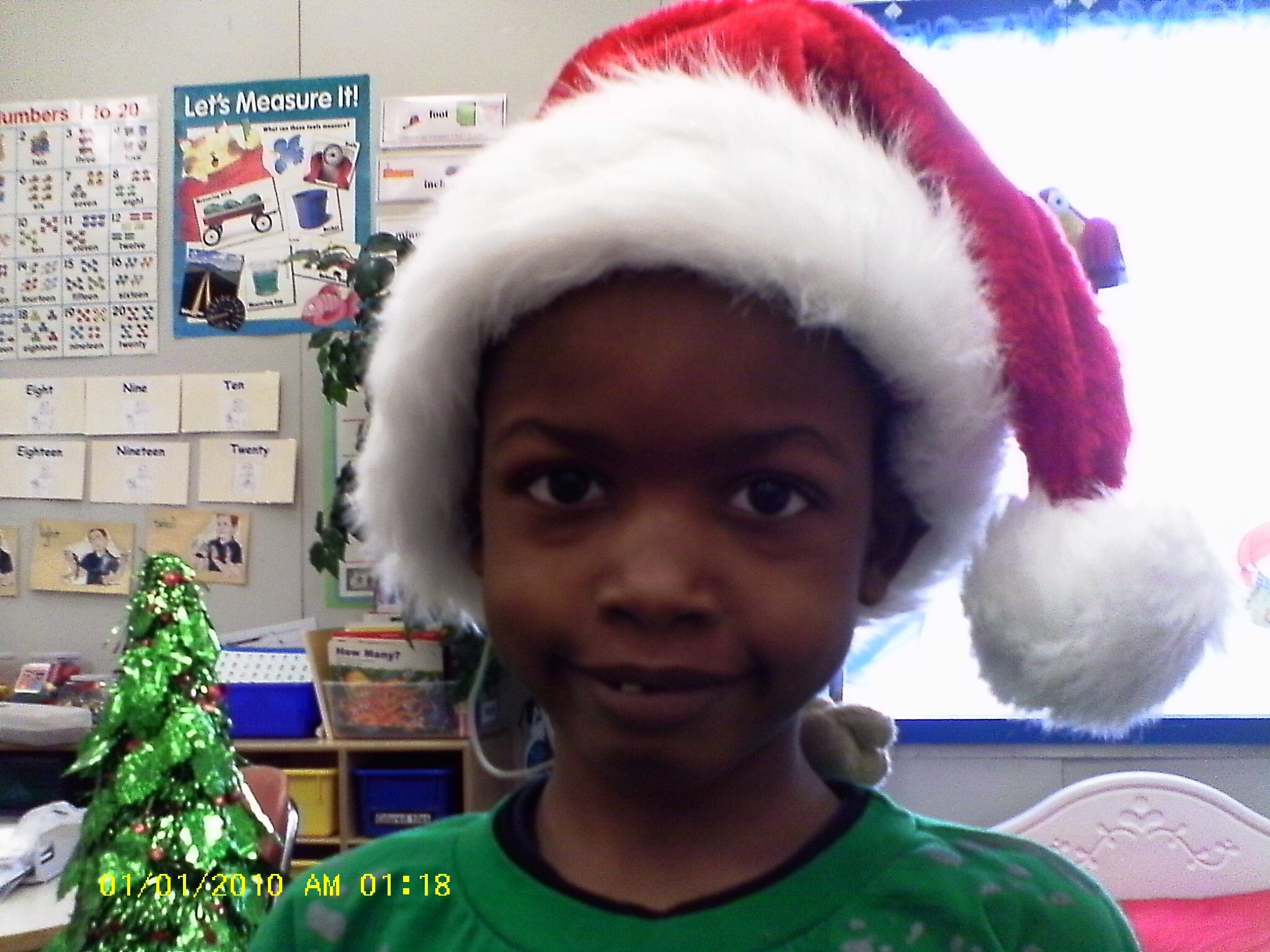Elementary Program
The Horace Mann School Elementary Program services children between the ages of six and twelve. Our classrooms promote children’s overall growth and foster lifelong learning skills through individual and group experiences. Our classrooms are student-centered learning environments that enable children to develop critical thinking and cooperative learning through multi-intelligent/differentiated learning activities. The Elementary Program at Horace Mann enables children to develop their ability to think logically, to reason and discuss, and to apply their learning in new situations.
The school recognizes each student as an individual with unique academic and communicative needs. The Horace Mann strives to develop students to think critically and creatively through the languages of American Sign Language (ASL) and English. Our program is consistent with the Boston Public School curricula. Instruction in reading, writing, English, ASL, mathematics, social studies and science are the basic foundation for our thematic units. Children are also involved in active learning with hands-on experiences participating in plays, field trips, gym, art, speech, and various cultural events.
English Language Arts
The Horace Mann School’s Elementary English Language Arts Program focuses on active literacy and learning, where our goal is to create a community of learners. Reading, writing, communicating, and investigating are the cornerstones of active literacy. Throughout the school day, students are questioning, discussing, debating, responding, inquiring, extending their learning and generating new questions about their learning.
Students are encouraged to become actively involved in their own learning through the structure and components of the Workshop model. The Workshop method of instruction for both English and ASL uses a mixture of whole-class, small-group, and one-on-one instruction, allowing students and teachers to link ideas, confer, explore different genres, question, write, and so much more. Students are provided with the time and opportunities to practice effective strategies used by successful readers and writers. Classrooms are designed to support both collaborative and independent work. Multiple means of presentation, expression, and engagement are incorporated to address the diverse learning styles and abilities of the students.
In essence Readers and Writers Workshops function as the heart of our ELA program. In writing workshops, students learn to observe their lives and the world around them. Students collect, draft, revise, and publish narrative, fiction, poetic, dramatic and expository texts (including various essays, editorials and reports). In reading workshops, students are explicitly taught the strategies and habits of effective reading. They learn to communicate, think and write about their reading, and to live rich, literate lives. Students are given a variety of opportunities to read and write independently and in partnerships within small guided working groups and within individual conferences.
Our balanced literacy program includes:
- Read Alouds and accountable talk
- Shared Reading and Writing
- Phonics/Word Study
- Small Group Strategic Instruction
- Independent reading/writing
- Conferencing
Science
Established in 1983, the Horace Mann Science Center functions as a science classroom, a teacher resource center, and a demonstration area for all elementary students who are deaf and hard of hearing. Since its inception, the Science Center's philosophy has remained clear, "Deaf and hearing impaired students learn best from hands-on science experiences." The Science Center provides excellent hands-on, inquiry based, science lessons using materials from the best publishers in elementary science education. Material kits from FOSS and Science & Technology for Children (STC) are continuously in use. The Boston Public School Curriculum Standards along with the Massachusetts Science frameworks are stressed.
The Horace Mann School for the Deaf's belief is that literacy is the backbone of a child's education is evident in the Science Center. Computers, Smartboards, document cameras, and Alpha Smarts help students tackle activity reports and open-ended responses. Newbridge reading material, tailored to an elementary student reading level, is also used.
One never knows what animals will inhabit the Science Center. Currently, the Science Center supports a population of hamsters, crayfish, butterflies, frogs, earthworms, and guppies. You never know what you'll find.
In 2006, the Science Center expanded to another classroom tailored to meet the needs of younger students (pre-k - grade 3). Hands-on, inquiry-based Science is presented in a variety of communication modes.
Over the years, the Horace Mann Science Center has become involved with many outside science education providers. We are happy to say that we have ongoing relationships with:
- Boston Public Schools Science Department
- Museum of Science
- New England Aquarium
- Arnold Arboretum
- Harvard University
- Zoo New England
If you are interested in science education, please drop in; visitors are always welcome.
For more information contact:
Angela Palo
Mathematics
Elementary students follow the 2nd edition of the TERC Investigations scope and sequence set up by the City of Boston. The curriculum is a developmental, activity-based program which allows students to think creatively, approach content and skills through problem solving and develop their own strategies. Classes use the workshop method, incorporating a launch activity introducing new content or skill, a time for students to work in groups or independently to develop and practice concepts and skills presented, and culminating in a time for sharing methods, strategies and other ideas connected with the day’s work. Students use a variety of strategies to explore and make sense of concepts, including manipulatives and acting out problems. They then proceed to record their solution strategies by drawing, diagramming, writing and talking about what they are doing.
Content and skills includes:
• the number system
• invented and conventional strategies for addition, subtraction, multiplication and division
• fractions, percents and decimals
• estimation
• collecting, sorting and representing data
• creating, reading and interpreting graphs
• probability and statistics
• measurement
• changes over time
• 2-D and 3-D geometry
Assessments are embedded within each unit study and more formal end-of-unit, mid-year and end-of-year assessments are given throughout the year. Children’s instruction incorporates both following the Investigations curriculum as well as attending to goals highlighted in the Individual Educational Plans.
Social Studies
In social studies, we explore ourselves and our families. We compare similarities and differences between ourselves and other groups of people, both in present time and long ago. The children are engaged in a variety of hands-on and experimental learning activities.
Previous page: Early Childhood
Next page: Secondary Program
